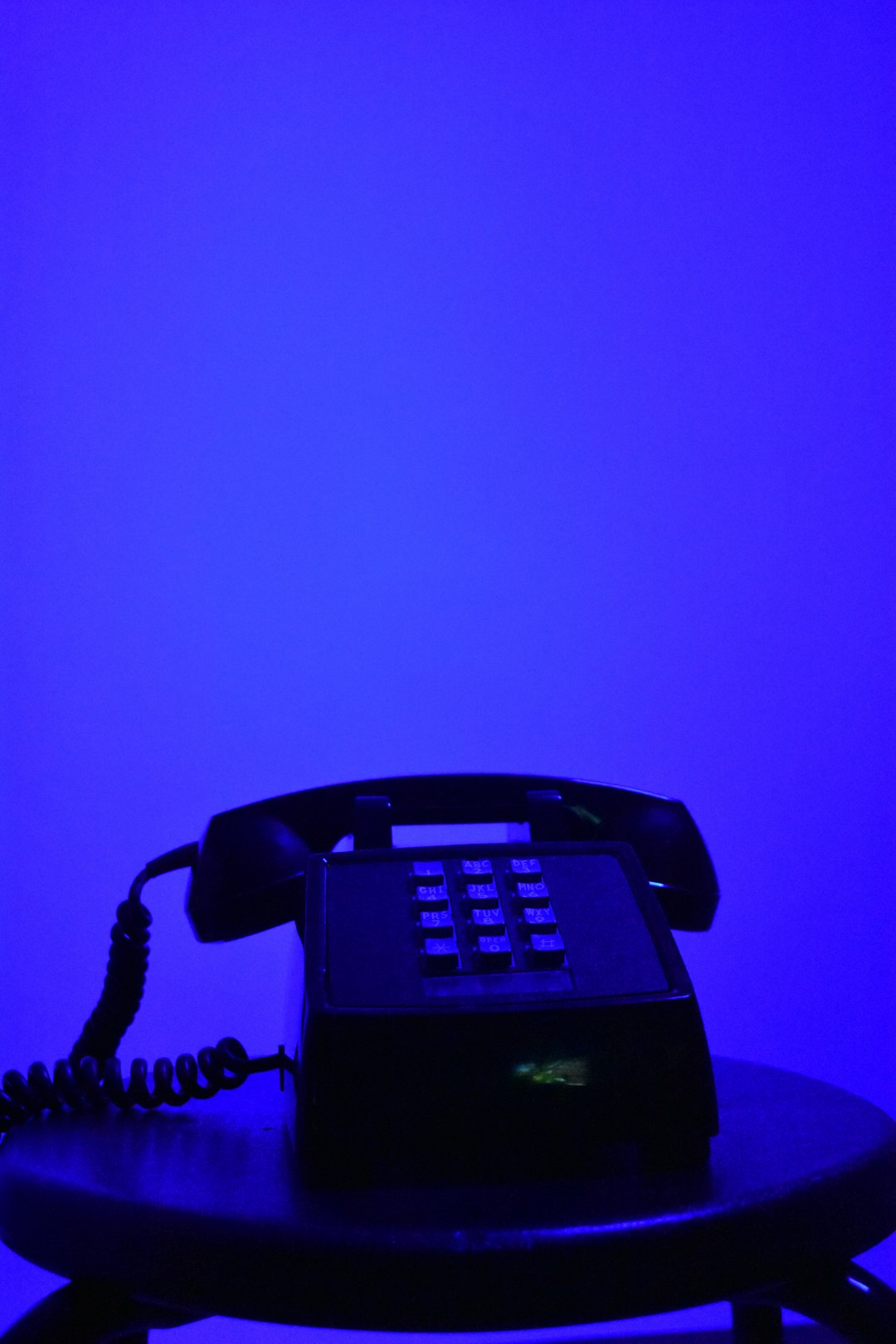In Woodstock, Georgia, and across the US, the TCPA regulates automated dialing systems (autodialers) strictly, with an autodialer attorney crucial for business compliance. The TCPA prohibits automated calls during rest hours and mandates explicit recipient consent, with fines for non-compliance. Georgia attorneys specializing in TCPA law help businesses navigate these rules to avoid substantial penalties, legal issues, and class-action lawsuits associated with unauthorized autodialing.
“Unraveling the complexities of TCPA’s calling rules in Woodstock, Georgia, this article offers a comprehensive guide. The Telephone Consumer Protection Act (TCPA) significantly shapes consumer privacy rights regarding telemarketing calls. We explore when the use of an autodialer is permissible and delve into the legal consequences for non-compliance. Understanding these regulations is crucial for businesses and autodialer attorneys in Georgia to ensure fair practices, especially within dynamic urban centers like Woodstock.”
Understanding TCPA and Its Impact on Calling Practices in Georgia

In Woodstock, Georgia, as across the United States, the Telephone Consumer Protection Act (TCPA) significantly regulates calling practices to protect consumers from unwanted or excessive phone calls. This federal law sets strict guidelines on when and how businesses can contact individuals via telephone, with specific rules for automated dialing systems, also known as autodialers. An autodialer attorney in Georgia is crucial for businesses seeking to navigate these regulations, ensuring compliance to avoid substantial fines and legal repercussions.
The TCPA’s impact extends to various aspects of calling practices, including the timing of calls, consent requirements, and do-not-call lists. For instance, automated calls are generally prohibited during certain hours, such as before 8 a.m. or after 9 p.m., to respect individuals’ privacy and rest. Moreover, businesses must obtain explicit consent from recipients before utilizing autodialers, ensuring that every call is made with the caller’s knowledge and agreement. Understanding these nuances is essential for any business engaging in telemarketing activities in Georgia to ensure they remain within the boundaries set by the TCPA.
When Is Using an Autodialer Permitted?

In Woodstock, Georgia, understanding when using an autodialer is permitted under TCPA (Telemarketing Consumer Protection Act) rules is crucial for businesses and attorneys alike. An autodialer is a technology that automatically dials telephone numbers, often used in telemarketing campaigns. According to the TCPA, the use of autodialers is generally prohibited unless certain conditions are met. For instance, automated dialing may be allowed if it’s for an internal business purpose or with the prior express consent of the caller. This consent must be clear and voluntary, often obtained through a signed form or verbal agreement.
Georgia attorneys specializing in TCPA law can guide businesses on navigating these rules to ensure compliance. It’s important to note that non-compliance can result in significant fines and legal repercussions. Thus, understanding when an autodialer is permitted and ensuring all consent processes are handled correctly is essential for any organization engaging in telemarketing activities in Georgia.
Legal Implications for Non-Compliance: A Focus on Woodstock, GA

In Woodstock, Georgia—like anywhere else subject to the Telephone Consumer Protection Act (TCPA)—non-compliance with its calling rules can lead to significant legal implications. The TCPA restricts businesses from using automated dialing systems or prerecorded messages without prior express consent. Violating these provisions can result in substantial fines and damages for consumers, making it crucial for companies to understand and adhere to the law.
An autodialer attorney in Georgia can play a vital role in guiding businesses through this complex landscape. They can ensure that calls are made with proper authorization, help develop compliance strategies, and represent the company in case of legal disputes or enforcement actions by consumer protection agencies. Non-compliance may expose businesses to class-action lawsuits, where individuals affected by illegal calls can collectively seek damages, further emphasizing the need for strict adherence to TCPA regulations.






